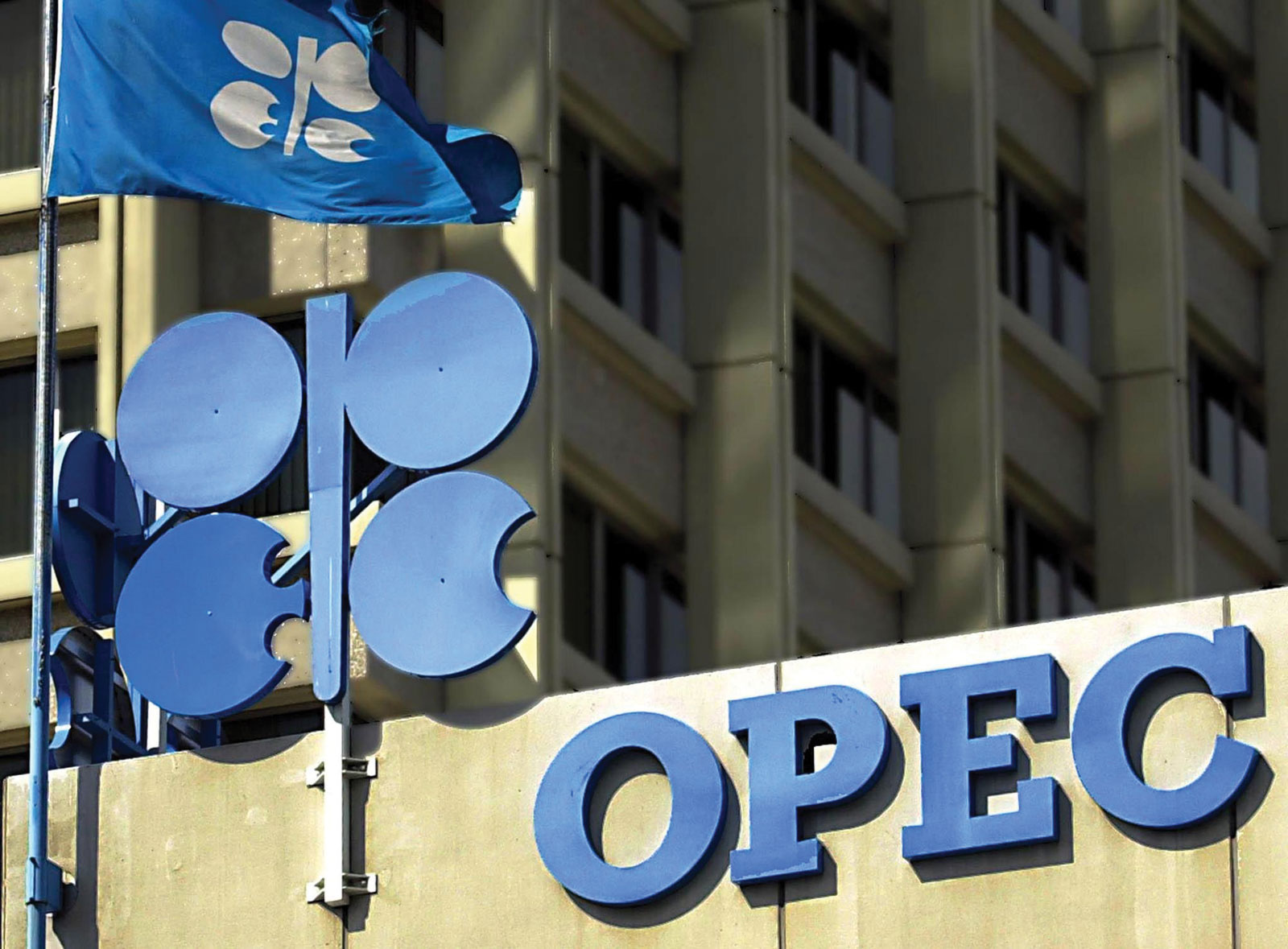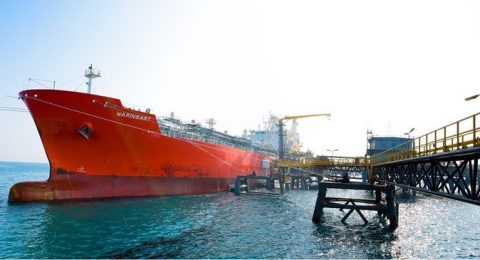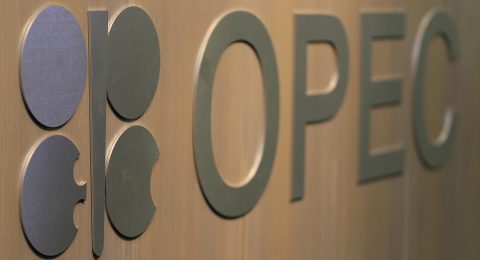During the OPEC-EU meeting on Monday, OPEC let the European Union know that it would be impossible to find a replacement for Russian oil and sanctions may make supply shocks even worse, Reuters reported.
OPEC Secretary-General Mohammad Barkindo said that the current and future sanctions could cause more than 7 million barrels per day (bpd) loss of Russian oil and other liquids exports potentially, according to Reuters.
Adding that under the current demand situation, it would not be possible to replace all those volumes.
A European Commission official told Reuters the EU urged oil-producing countries to consider increasing oil deliveries in order to help cool soaring oil prices in the meeting.
According to the official, EU representatives also pointed out that OPEC has a responsibility to ensure balance in oil markets.
OPEC has refused to pump more crude to cool prices, which reached a 14-year high last month after Washington and Brussels imposed sanctions on Russia following its invasion of Ukraine.
Reuters reports that during the meeting with OPEC, the EU suggested that OPEC provide more production from its spare capacity.
Despite this, Barkindo said the highly volatile market was a result of non-fundamental factors beyond OPEC’s control, which signals OPEC will not pump more.
As part of a gradual rollback of production cuts made during the COVID-19 pandemic, OPEC+ will increase output by about 432,000 barrels per day in May.
EU sanctions have not yet been imposed on Russian oil. However, after the EU agreed last week to sanction Russian coal – its first target for energy supplies – some senior EU officials said oil might be next.
At a meeting of EU foreign ministers in Luxembourg on Monday, Ireland, Lithuania, and the Netherlands said that the European Commission is drafting proposals for an oil embargo against Russia. However, there was no agreement to ban Russian crude.
Russia has already been barred from selling oil to Australia, Canada, and the United States, which rely less on its supply than Europe.
Given their higher dependence on foreign energy and the potential for higher energy prices in Europe, the EU countries are split over whether to follow suit.












